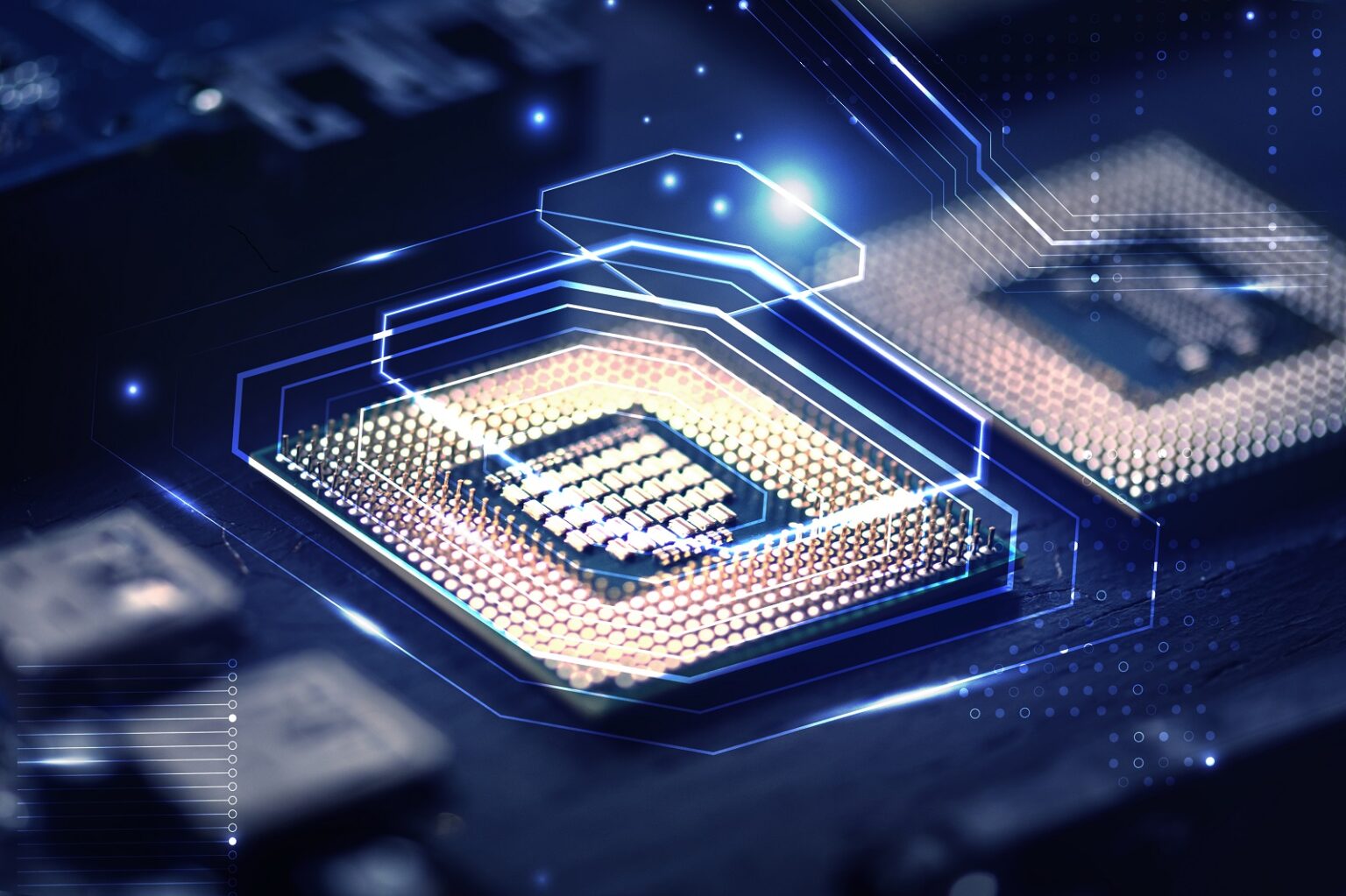In recent years, Poland has begun to attract growing attention from business circles from Korea, Japan and Taiwan. The domestic IT sector, energy and electromobility can become a magnet for Asian investments.
On July 27, in Warsaw, representatives from the Republic of China participated in the Polish-Taiwanese Business Roundtable, geared at strengtheing economic relations between our countries.
During the event, Polish telecom operator and cybersecurity provider Exatel signed an agreement with Taiwan’s Chunghwa Telecom. The companies intend to implement joint projects in the field of cybersecurity and research and development (R&D) and SDN (Software-Defined Network) technology development.
The agreement will allow the Polish telecom operator to enter the Asian market and further expand internationally.
Chunghwa Telecom is Taiwan’s largest telecommunications company and a leader in 5G technology. This is the first such agreement between technology companies from Poland and Taiwan.
Taiwan, as a powerhouse in semiconductor manufacturing, has naturally become a potential partner for Poland, especially as the island begins to seek deeper technological ties with Central European and Baltic countries such as the Czech Republic and Lithuania.
It is worth noting that Poland is becoming an integral part of the European strategy in the field of semiconductors, especially since Intel’s Wrocław plant will start operations in 2027 in synergy with the Gdańsk research and development center and the advanced process factory in Magdeburg, Germany. Deepening cooperation with Taiwan will contribute to further integration of Poland into the global semiconductor ecosystem.
Interestingly Poland is the largest producer of lithium-ion batteries for electric vehicles, as well as the largest producer of electric buses in the European Union. In addition, Poland, as one of the largest hydrogen producers in Europe, is also striving to build an industry oriented towards green technologies. These advantages can further strengthen technological and economic cooperation between Warsaw and Taipei in the future.
It is worth pointing out that companies like Iron Force which owns a passive security car systems production plant in Zabrze (which also produces blowers for airbags and components for seat belts) and Tex Year Europe (a glue producer located in Gniezno) have already invested in Poland. Poland is also an attractive location for distribution and service centers of Taiwanese manufacturers of computer equipment, such as Acer or ASUS.
It should be added that Taiwan is Poland’s 7th economic partner in East Asia. Last year, bilateral trade turnover was more than USD 3.1 billion, an increase of 31 percent year-on-year. Polish exports to Taiwan increased by almost 43 percent during this period.
Following the trend of regionalization of semiconductor production, Poland is trying to play a greater role in the global value chain of integrated circuits. Poland is in the spotlight after Intel announced in June that it would build a packaging and testing facility in Wroclaw.
The investment of up to USD 4.6 billion is considered one of the largest ground-up investments in the country’s history and is a milestone in Poland’s efforts to develop a regional semiconductor cluster.
Jacek Perzyński









